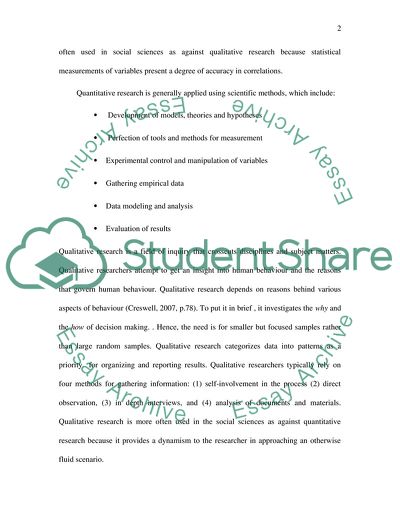Cite this document
(How Identity Impacts the Way Social Scientists Frame Research Question Assignment, n.d.)
How Identity Impacts the Way Social Scientists Frame Research Question Assignment. https://studentshare.org/social-science/1714575-discuss-with-reference-to-at-leatst-three-relevant-theoretical-perspectives-how-identity-impacts-on-the-way-social-scientists-frame-research-questions-and-con
How Identity Impacts the Way Social Scientists Frame Research Question Assignment. https://studentshare.org/social-science/1714575-discuss-with-reference-to-at-leatst-three-relevant-theoretical-perspectives-how-identity-impacts-on-the-way-social-scientists-frame-research-questions-and-con
(How Identity Impacts the Way Social Scientists Frame Research Question Assignment)
How Identity Impacts the Way Social Scientists Frame Research Question Assignment. https://studentshare.org/social-science/1714575-discuss-with-reference-to-at-leatst-three-relevant-theoretical-perspectives-how-identity-impacts-on-the-way-social-scientists-frame-research-questions-and-con.
How Identity Impacts the Way Social Scientists Frame Research Question Assignment. https://studentshare.org/social-science/1714575-discuss-with-reference-to-at-leatst-three-relevant-theoretical-perspectives-how-identity-impacts-on-the-way-social-scientists-frame-research-questions-and-con.
“How Identity Impacts the Way Social Scientists Frame Research Question Assignment”. https://studentshare.org/social-science/1714575-discuss-with-reference-to-at-leatst-three-relevant-theoretical-perspectives-how-identity-impacts-on-the-way-social-scientists-frame-research-questions-and-con.


